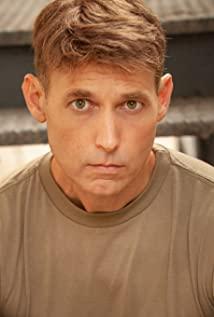The first part is incomprehensible: after the second defector who claimed to be Gnonov appeared, the British intelligence officer who had met in Cambridge, England gave the first Gnonov (the old man) a gift: a book. Later, Edward Wilson (the male lead) found a passport with a fake Gnonov's real name (Yuri) from the book, and finally arrested Gnonov. Why was this book not given to Edward Wilson but to the fake Gnonov? Was Gnonov not a spy for the Soviet Ulysses, but for the British? Is this implying that since Americans learned intelligence skills from the British during World War II, the British also planted spies in the United States, just like Edward Wilson's poetry professor at Yale?
The second part I don't understand: After the Bay of Pigs leak, how did you deal with it? Hayes said at the time that he was on the same boat as Edward, and the government began to purge the predecessor of the CIA. Why did the purge result in Hayes becoming the director of the newly established CIA? Which scapegoats were thrown out in the middle, and what transactions were made to keep the perpetrators out?
The third place is incomprehensible: Ulysses' last meeting with Edward at the Aerospace Museum, where his men take a dollar bill, which is at the beginning of the film, under the pretext of not having change for souvenirs It is used to pass the password by printing the number. Does this imply that they verbally did not reach an agreement, but a deal has already begun?
The fourth place is incomprehensible: Edward's son's girlfriend, the Mali woman, who was pushed off the plane in the end? He claimed that it was not his hands, and his position was indeed too sensitive (a father who opposed marriage), and it was too conspicuous to do it himself, so the possibility of fake hands being done by others is very high. On the surface, it seems that Edward has a problem with his expression when he tells his son Og, but is it because he asked someone from Ulysses to do something, so it was only later that the space museum was exchanged?
The fifth one doesn't understand: If the answer to the third and fourth questions is yes, the deal would conflict with the title of the film (The Good Shepherd). How could a good shepherd make a deal with an outsider with a sheep in his care? Or is the title a satire?
If you think about it a lot while watching the movie, you won't feel that the movie is dull. Instead, you will feel that the life of a spy is to listen to thunder in a silent place, but the dull action is the result of thrilling. 3 hours is really a bit short, but there are too many memorable episodes.
View more about The Good Shepherd reviews











